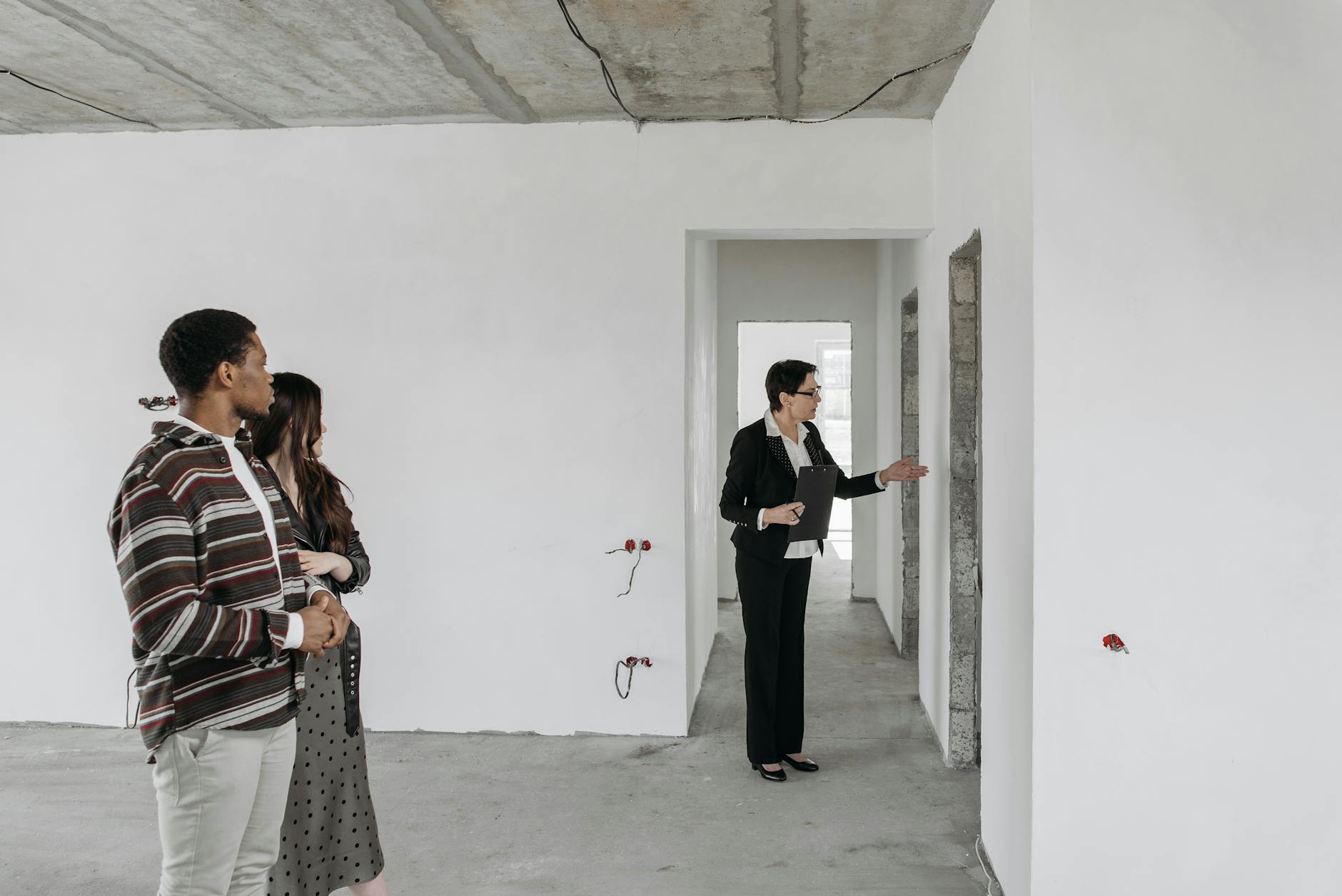Emerging Trends in Real Estate Market Forecast and Investment Opportunities
Emerging trends in real estate market forecast and investment opportunities are shaping the future of property development and asset management globally. The real estate sector continues to evolve rapidly due to technological advancements, shifting demographic patterns, and changing economic landscapes. Investors, developers, and analysts are increasingly relying on data-driven insights to predict market movements and identify profitable opportunities. This article explores the latest trends influencing market forecasts, such as the rise of smart cities, sustainability, and the integration of artificial intelligence in property management. By understanding these trends, investors can make informed decisions that align with evolving market demands and maximize returns in a competitive environment.
Technological integration and data analytics
The integration of technology in real estate is revolutionizing how market forecasts are generated and investments are managed. Advanced data analytics, powered by artificial intelligence and machine learning, enable more accurate predictions of property values, rental trends, and consumer preferences. Platforms utilizing big data analyze vast amounts of information from multiple sources—such as social media, economic indicators, and demographic studies—to offer nuanced forecasts.
Additionally, technologies like blockchain are enhancing transparency and security in transactions, reducing fraud risks, and simplifying investment processes. Proptech startups are also developing tools for virtual property tours, automated valuations, and smart contract management, which streamline both buying and leasing activities.
Growing demand for sustainable and green properties
Environmental concerns and government regulations are driving demand for sustainable real estate. Green buildings that focus on energy efficiency, reduced carbon footprints, and healthier indoor environments are becoming increasingly attractive to both tenants and investors. This trend is particularly prominent in commercial real estate but is also growing in residential sectors.
Investors who prioritize properties with sustainability certifications, such as LEED or BREEAM, often experience higher tenant retention and property appreciation rates. Moreover, sustainability is no longer just a moral imperative but a financial one, as properties that comply with future environmental regulations tend to outperform in the long term.
Urbanization and the rise of smart cities
Rapid urbanization in emerging economies is creating new hotspots for real estate investment. However, traditional urban growth is now accompanied by the development of smart cities—urban areas embedded with IoT infrastructure, efficient public services, and integrated transportation systems.
Smart cities attract residents and businesses by offering improved quality of life, reduced congestion, and enhanced connectivity. For investors, properties in these areas promise greater appreciation due to government support and increased demand for technologically integrated living and working environments.
Demographic shifts and changing lifestyle preferences
Demographic changes, such as aging populations in developed countries and the rise of millennials and Gen Z as significant market players, are reshaping real estate demand. Younger generations often prioritize flexibility, sustainability, and community-oriented spaces over traditional housing formats.
This has fueled growth in co-living spaces, mixed-use developments, and suburban properties with access to green spaces. Additionally, remote work trends accelerated by the pandemic have increased interest in housing outside metropolitan centers, creating new investment opportunities in previously overlooked markets.
| Trend | Impact on market | Investment opportunity |
|---|---|---|
| Technological integration | More precise forecasts and streamlined transactions | Tech-driven real estate platforms, Proptech startups |
| Sustainability | Higher demand for energy-efficient properties | Green-certified buildings, retrofit projects |
| Smart cities | Urban growth with enhanced infrastructure | Properties in emerging smart city zones |
| Demographic shifts | New housing preferences and locations | Co-living spaces, suburban developments |
In conclusion, emerging trends in the real estate market—driven by technological advancements, sustainability priorities, urban development, and demographic changes—are fundamentally transforming how market forecasts are made and where investment opportunities lie. Embracing technologies like AI and data analytics enables more accurate market predictions, while the push for green buildings offers both environmental and financial benefits. The rise of smart cities, combined with evolving lifestyle preferences, opens doors to new kinds of investments beyond traditional metropolitan hubs. Navigating these interconnected trends allows investors and developers to capitalize on future growth areas, ensuring resilience and profitability in an increasingly dynamic real estate landscape.
Image by: Pavel Danilyuk
https://www.pexels.com/@pavel-danilyuk
editor's pick
latest video
news via inbox
Nulla turp dis cursus. Integer liberos euismod pretium faucibua

